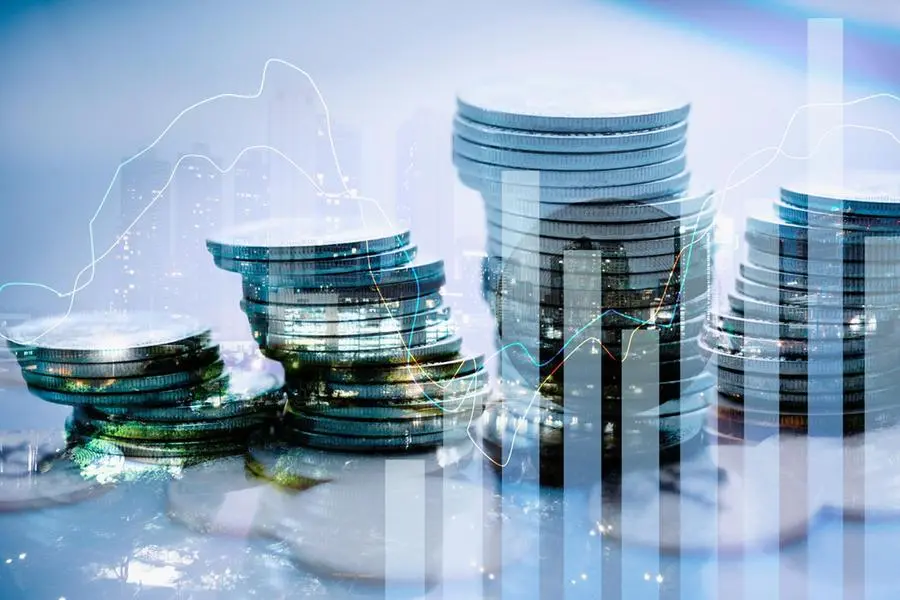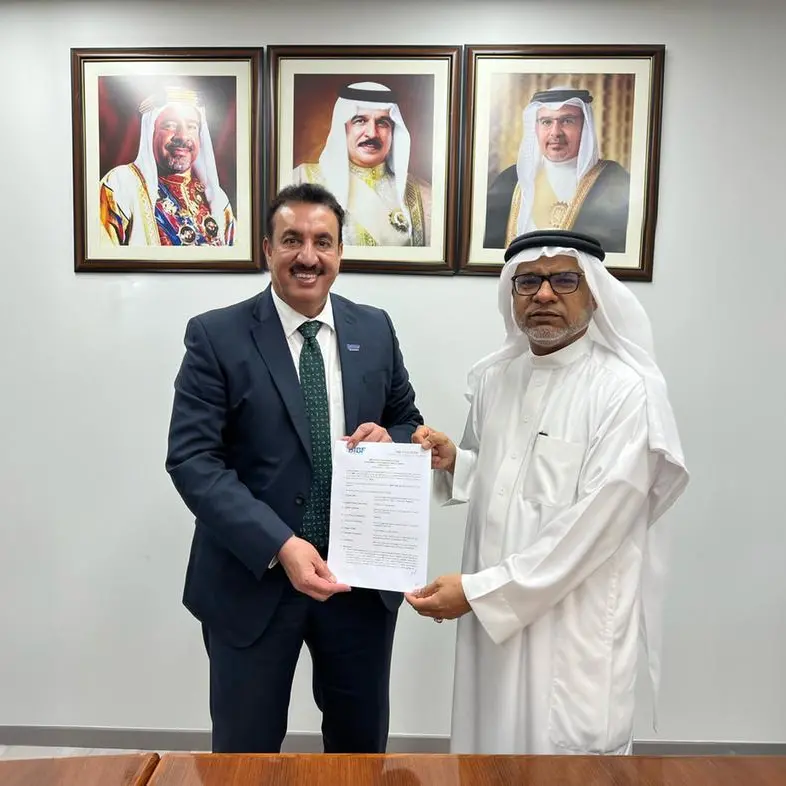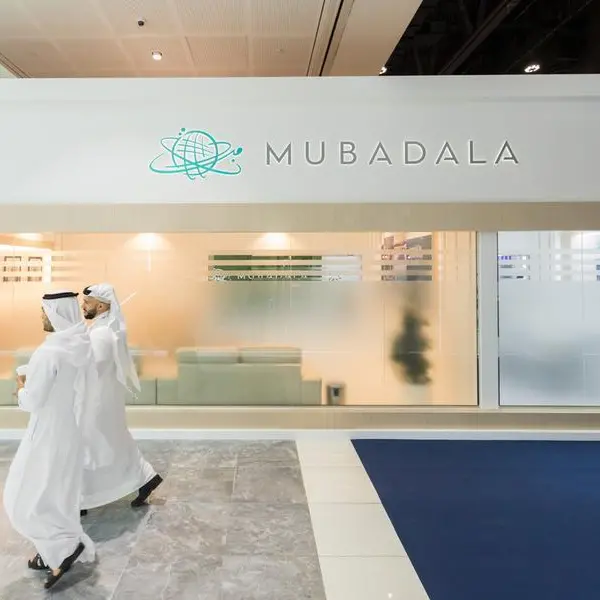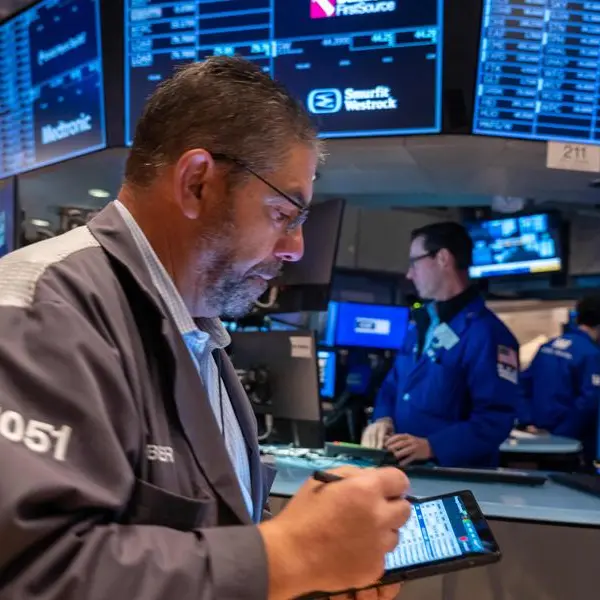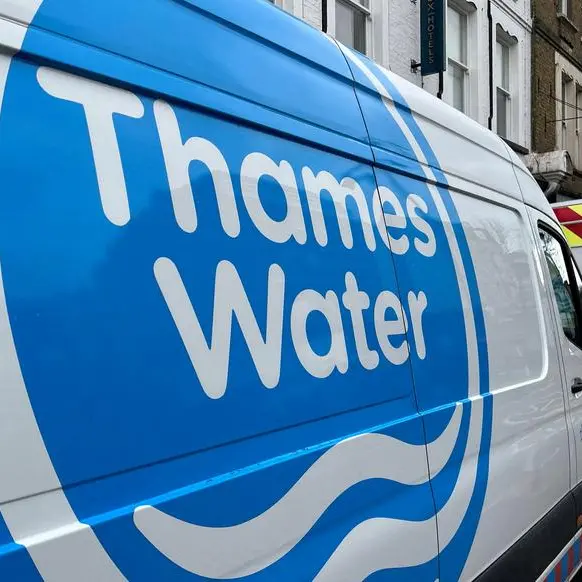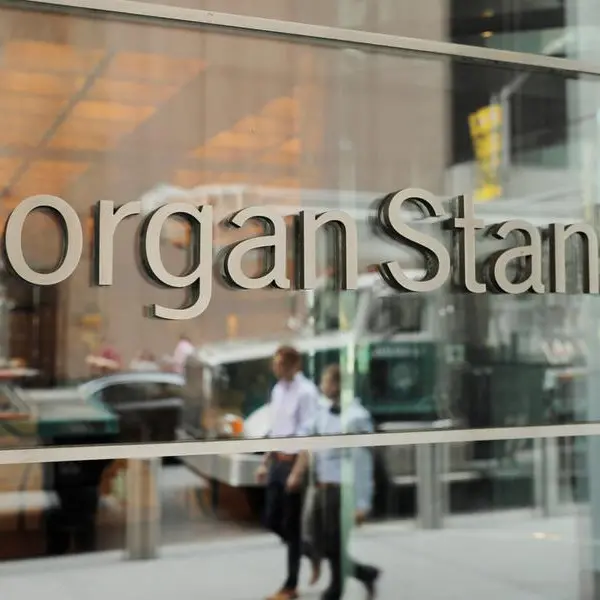PHOTO
The GCC witnessed 30% year-on-year growth in venture capital (VC) funding in 2023 even as global VC funding shrank to $248.4 billion, the lowest since 2017.
This contrasts sharply with the global 30% decline in deal volume. Although the region accounted for just 1% of global VC funding, its rapid growth has attracted considerable investor confidence.
For the first time, Saudi Arabia overtook the UAE in total VC funding in 2023, accounting for over 50% of all deals. Late-stage investments, including two mega-rounds that propelled Tabby and Tamara to unicorn status, boosted Saudi Arabia’s leadership in the fintech and e-commerce sectors.
Venture ecosystem
This is according to Pulsar, a global leader in venture capital and startup acceleration, which has released its latest research on the Gulf Cooperation Council (GCC) venture ecosystem.
The top five deals in the GCC accounted for 74% of total venture investment, with notable highlights including:
●$156 million investment in Kuwait-based marketplace Floward, marking the largest deal in the country in five years.
●Unicorn-status rounds for Tamara and Tabby, solidifying Saudi Arabia's leadership in fintech and e-commerce with total funding reaching $1.36 billion.
●A sharp rise in green tech investment, particularly in renewable energy and electric mobility, driven by Saudi Arabia's $64 billion investment in entertainment and deep tech, including projects like NEOM and Qiddiya.
Key findings
●GCC’s Dual Strength: Capital and Business Opportunities: The region is not only a source of capital but also presents significant opportunities, particularly in the B2B sector, enhancing its appeal to investors.
●Increased Global Market Integration: The development of business hubs in Dubai, Abu Dhabi, Qatar, and other GCC nations has strengthened the region's integration into the global market. Each hub offers unique advantages and attracts international talent across industries.
●Deepening Innovation Ecosystems
Government-backed initiatives, such as Saudi Arabia’s Vision 2030 and the UAE’s Vision 2031, have played a pivotal role in diversifying the economy and encouraging investment in high-growth sectors like renewable energy, financial services, and advanced technology. These efforts are supported by sovereign wealth funds such as Saudi Arabia's Public Investment Fund (PIF), which has been increasingly active in backing high-growth tech startups across the region.
●Technoparks and Special Economic Zones (SEZs)
The role of technoparks and special economic zones has been crucial in fostering innovation in the GCC. Initiatives like Dubai Silicon Oasis, NEOM, and Qatar Free Zones offer startups advanced facilities, grant funding, and access to accelerator programs. These zones, often coupled with regulatory sandboxes for emerging technologies, have helped propel sectors like IoT, blockchain, and green technology forward.
Sectoral drivers of growth
Pulsar’s research highlights key sectors fueling the GCC’s transformation:
●Fintech: Led by innovations in blockchain and digital payments.
●Healthtech: With investments growing 22x from 2016 to 2022.
●E-commerce and BNPL (Buy Now, Pay Later): Platforms like Tamara driving major investment.
●Green Technologies: Investments in renewable energy and electric mobility continue to surge, supported by Saudi Arabia’s $64 billion investment in deep tech projects like NEOM and Qiddiya
Investment outlook and future opportunities
As the GCC region continues to innovate and shift from oil-based to knowledge-based economies, the report forecasts a strong pipeline of venture opportunities in emerging sectors such as:
●Artificial Intelligence (AI): Growing applications in smart cities, automated healthcare, and robotics are creating new avenues for investors.
●Green Technologies: Saudi Arabia alone has contributed $3 billion to global climate tech investment, with local projects like the Al Shuaiba solar project leading the way in cost-effective renewable energy.
●Advanced Mobility: Investments in electric vehicles (EVs) and mobility tech are gaining momentum, with Saudi Arabia and UAE spearheading this trend through large-scale green transport initiatives.
“Despite the global downturn in VC investments, the GCC region has shown exceptional resilience and growth,” said Pavel Korolev, Founder and CEO of Pulsar. “Our research highlights the opportunities presented by the GCC’s diversifying economy. We remain committed to guiding companies interested in entering the GCC market by offering expertise in business localisation and strategies for sustainable growth in the region.”
Copyright 2024 Al Hilal Publishing and Marketing Group Provided by SyndiGate Media Inc. (Syndigate.info).
